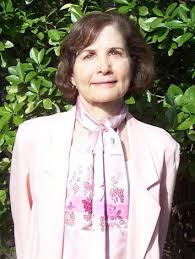
Have you always been focused in a particular area with your artwork?
I’ve always been fascinated with Fantasy art. Recently my focus is on this genre exclusively.
Why did you want to go into creating fantasy-based art? Is this kind of art a passion for you?
Yes, it is my passion and my happiness. I’ve loved Fantasy since childhood. I wanted to live in my imaginary “kingdom” that I’ve created of fairy tale-like creatures.
This includes all art forms, such as in Literature, Drama, Music, Painting, etc. I feel all of these art forms are related, and affect, inspire and are related to one another.
Whose work do you relate to most? Who inspires you?
I have a yen to revisit the works of the following artists. I never get tired of looking at the art of: MAXFIELD PARRISH, JOHN WATERHOUSE, CICELY MARY BARKER, and many Italian Renaissance artists, such as SANDRO BOTICELLI.
What was the last show you attended?
My last show was a “Fairy Festival” in Canterbury, UK.
Do you enjoy collaboration work? Working in teams?
Yes, I very much enjoy working in collaboration with talented people who respect and inspire one another.
What do you expect of others in a team environment?
I expect and appreciate others in a team whom I collaborate with to work in a professional manner. I enjoy it very much if each member appreciates the talents of the others and does not seek to change the others in order to conform to a mold that they want them to fit into. So the ideal team is one where each member appreciates the respective talents of the others, which is very important in order to work toward the completion of various projects.
Where do you see your work taking you?
It seems to be evolving in an exciting way, which I’ve always envisioned, even as a youth. I seem to be improving, hopefully, as I progress. My abilities in imparting my visions seem to get continually easier and more exciting all the time.
If you could picture yourself 5, 10 years from now, where would you be and what would you be doing?
I would have my art known worldwide, in venues such as books and other markets. I also would enjoy communicating my ideas of inspiration to all, through my art.
If you were awarded a grant of say… $20,000 for a major art project, how would you use the money?
I would probably purchase new art supplies that I would need. I would also employ the services of my very talented current team I am working with, in order to develop the many exciting projects I have planned, so that I can share them with the world.
Do you have a vision for your work?
I want to develop my feelings of spirituality and goodness, and love for life and nature. I strive to share this with others. I also enjoy showing the healing power of art, both to oneself and to others. It is a great therapy and a wonderful way to release one’s emotions, visions and desires. It is also very calming to do so.
How do you think/want other people to respond to your art?
I’d love if they would be inspired and uplifted in a joyful way, by viewing my art. I’d like it if they could be also inspired to create art themselves, expressing their dreams and personal feelings. It’s such a fulfilling experience!
Do you see yourself in your artwork? How?
I don’t paint myself specifically in my paintings, but I strive in my art to express my “inner soul” as much as I can.
What do you think your work stands for?
I try to express love for beauty, nature and joy of life. I hope that my work will make people remember the amazing childhood feelings they used to have of the awe for everything. These amazing feelings can keep you feeling “forever young.”
I also try, through my art, to impart my reverence for life, including all people, animals, etc. This way, they will see that we must all work to preserve life and not be at odds with one another.
Are your ideas readily conveyed?
I feel that they are. I’m not a complex person, and I don’t feel that my ideas are either. My paintings might sometimes appear complex, but it is the kind of art that is enjoyable to study. When doing this, one can see intricate details that are enjoyable for many.
Do you feel confident speaking and writing about what it is you do?
Yes. I enjoy all kinds of people, and it’s great fun communicating my thoughts to all who are interested.
Can you describe your ideal working atmosphere?
I enjoy a cozy, comfortable place, with a nice environment of trees, etc., that I can look out into.
What do you consider to be some of your greatest strengths and weaknesses?
I have a good facility of drawing and painting, which helps me in my art. My imagination inspires me in my creativity. I’m very persevering and have a great desire to finish my projects, even though they may be long range ones. I don’t give up on them, even though I may run into difficulties in their development.
I do have an innate shyness, which I’ve considered a weakness throughout my lifetime. But my love to communicate my art and ideas, and the appreciation of imparting it to others, has helped me overcome this.
Can you detail some important goals you have achieved?
I’ve completed a large body of paintings, which, I understand, are appreciated by many worldwide. I’ve also had my artwork licensed in several fields, in different markets, such as wall murals, books, puzzles, greeting cards, etc.
I’ve been fortunate to have a kind and loving husband, so a wonderful goal that I’ve achieved is a very happy marriage, where we support each other’s dreams.
What are your short-range and long-range goals, and how do you expect to achieve them?
I look forward to more recognition along the lines of licensing my works. There are several books directed towards all age groups, which are in the planning stages now. I am working with some very talented people who are helping to “brand” my work, and hopefully, my long range goal will be achieved through this process. Being an individual artist, I do need professional assistance in promoting my work. I’m now working with a wonderful team who are making my dreams possible.
What are your behaviors that inspire or motivate others?
I like to show joy and love of imagination in my art. I try to impart the fact that everyone has an innate talent in various forms that they can develop in many exciting ways. It’s a very fulfilling thing to do.
How would others describe you? Your work ethic/habits?
I’m considered a talented artist and a kind and good friend. I’ve always been an honest person, and I do my utmost in dealing fairly with others. I do my best and hope that others will treat me in the same way.
What methods do you use to organize your time?
I try to take each day at a time. I organize time around my obligations for that day, by making a mental list of things to do. I try not to stress over not being able to achieve everything in my daily time allotted. I just do my best to get everything done that I wish to do.
I consider each day a gift and an adventure. I try to have a schedule for what I’d like to do, but if I don’t get everything done, I know I’ll be able to do it in good time. Sometimes surprising things happen that weren’t planned, which are interesting in themselves. Serendipity.
Tell me about a time when you have felt pulled in all directions and how you handled it.
I used to do “Art for Hire” commissions, and sometimes I felt overwhelmed to hurry to meet a deadline. During one such project, the art director called me several times to ask me “when are you going to be finished?” And I responded by saying, “I’m trying my best to do a good job, and it’s taking me a while because I have other things I have to do also.” I feel that “I have a life,” which includes doing many things. It’s not really a very good feeling to be pulled in many directions at once. I love to do my art work, which I often get paid for; but I also have personal things that I enjoy doing, which are very important to me too.
So, after explaining this to her, she understood that I am not a “pot boiler artist,” and that she would have to be patient and wait for me to do a good job. She accepted this, probably reluctantly, but I was happier having explained it to her.
When I do my creative art, I like to do it in an inspired and relaxed atmosphere. I do my best work that way. And so that’s how I handle my work at this point in my life. I try not to get myself in a situation where I will be pulled in too many directions at once.
What motivates/inspires your work?
The beauty of nature motivates me to create. All forms of art that I love often inspire me to paint.
To show that we are a part of nature, along with the wonderful environment we live in and other life forms, such as the animals, is a very motivating theme to me. I feel called to show these feelings in my art; to give the sense of being one with all of creation. It is a very spiritual feeling that inspires me. I think if this can be felt by many people, there would be more respect for our precious planet.
How do you know when you have achieved success?
I am one of the most severe critics that I have to please. I’m quite a perfectionist when it comes to my art work. So when I am pleased with a current project, I feel I’ve reached a goal.
Also hearing from others that they enjoy and appreciate my work is very important to me. All these things let me know when
I’ve achieved success with my art.
How do you measure your level of success/achievement?
I get feedback from others through social media, etc., and from the public in general. That is one way I measure my success. I also appreciate any success I receive from various companies who want to publish or produce my work in various forms. If I like my work that I complete, I feel that eventually it will be appreciated by others sometime in the future.
I also feel that having success in my personal relationships is very important also. Yes, my art work means a great deal as a goal, but having lasting, wonderful bonds between family and friends are also a great measure of success to me, as I’m sure it is to everyone. Life would be very lonely without this. Friends and family are a gift to always cherish.
Describe yourself in one word. Why that word?
INSPIRING. I like to try to inspire other with the medium of my art.

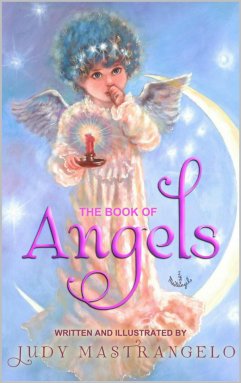

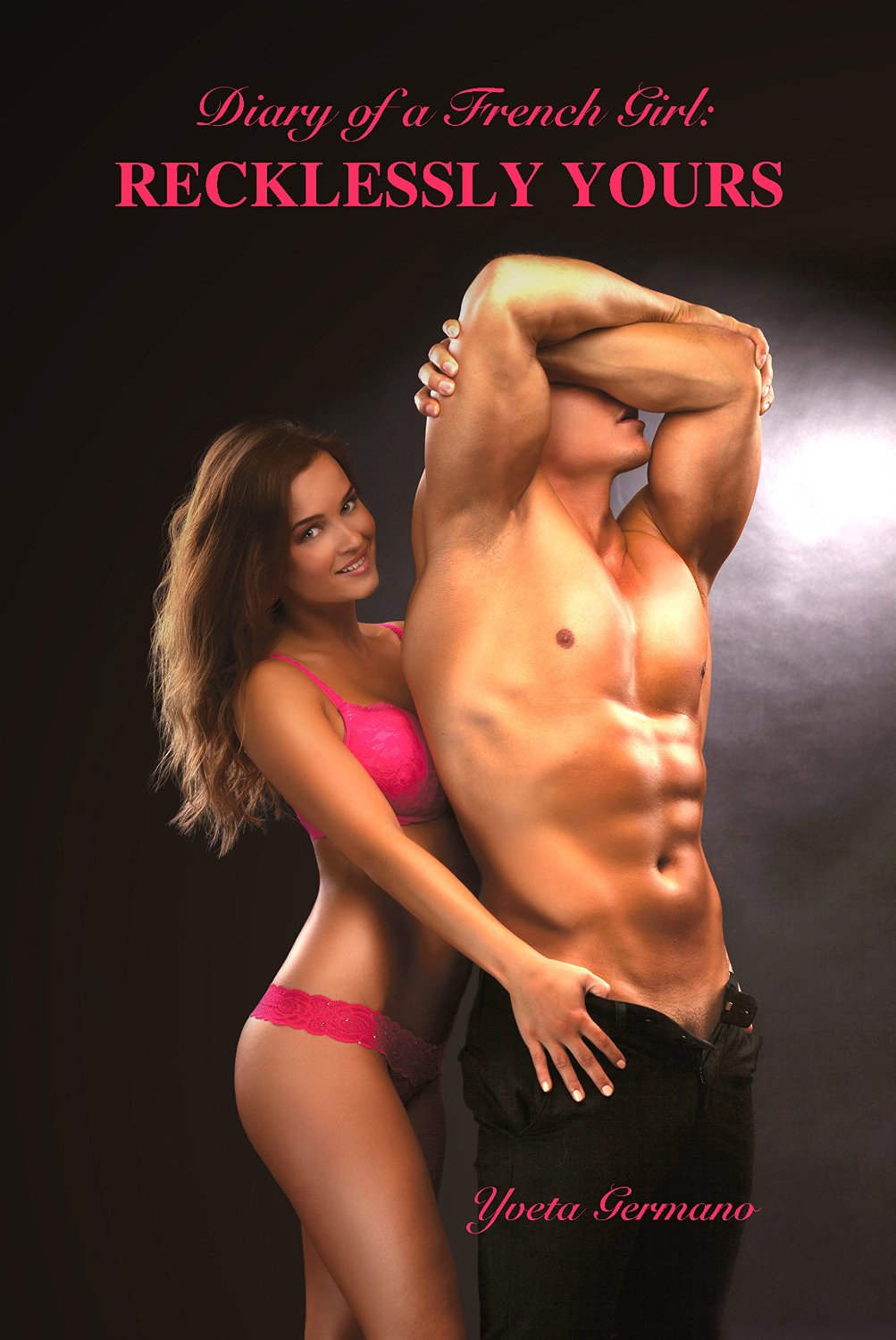

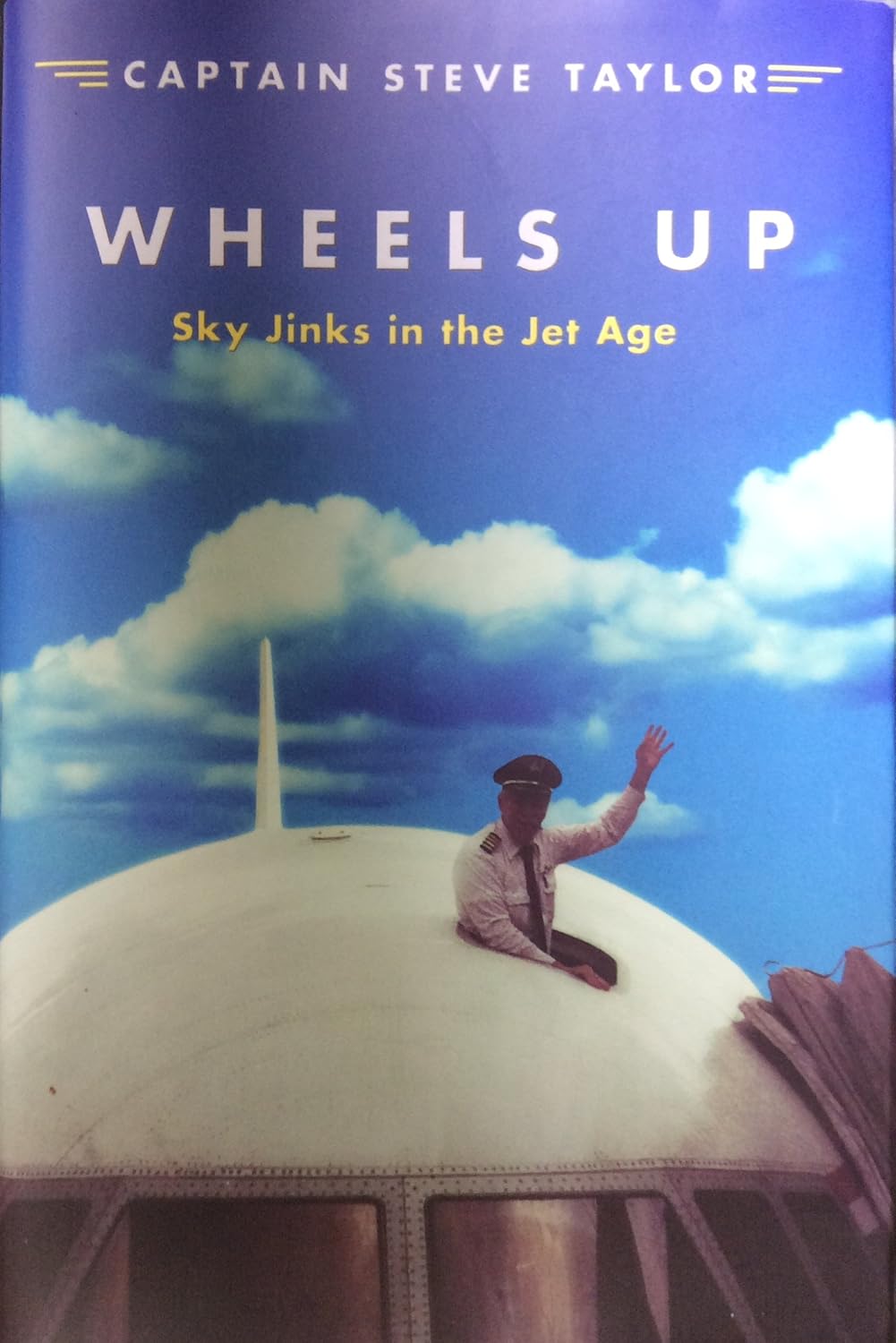
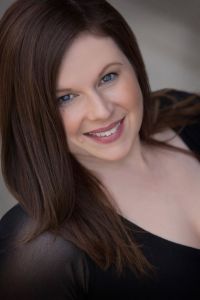
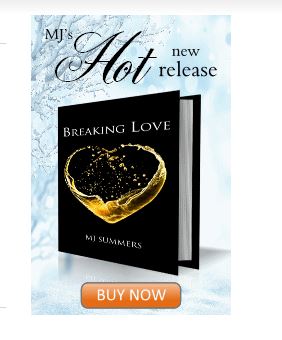
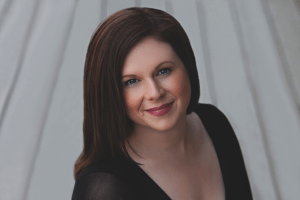
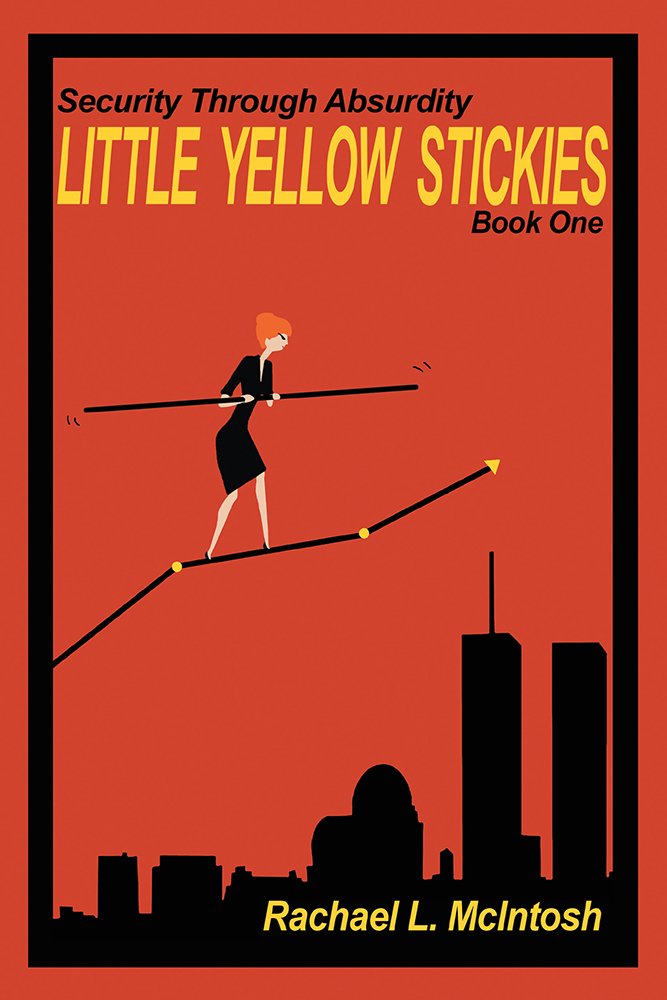



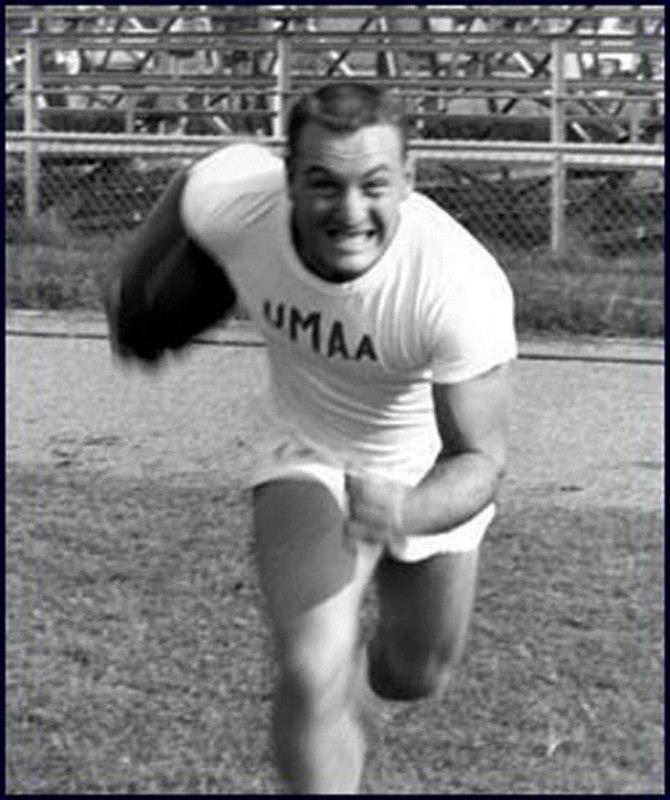
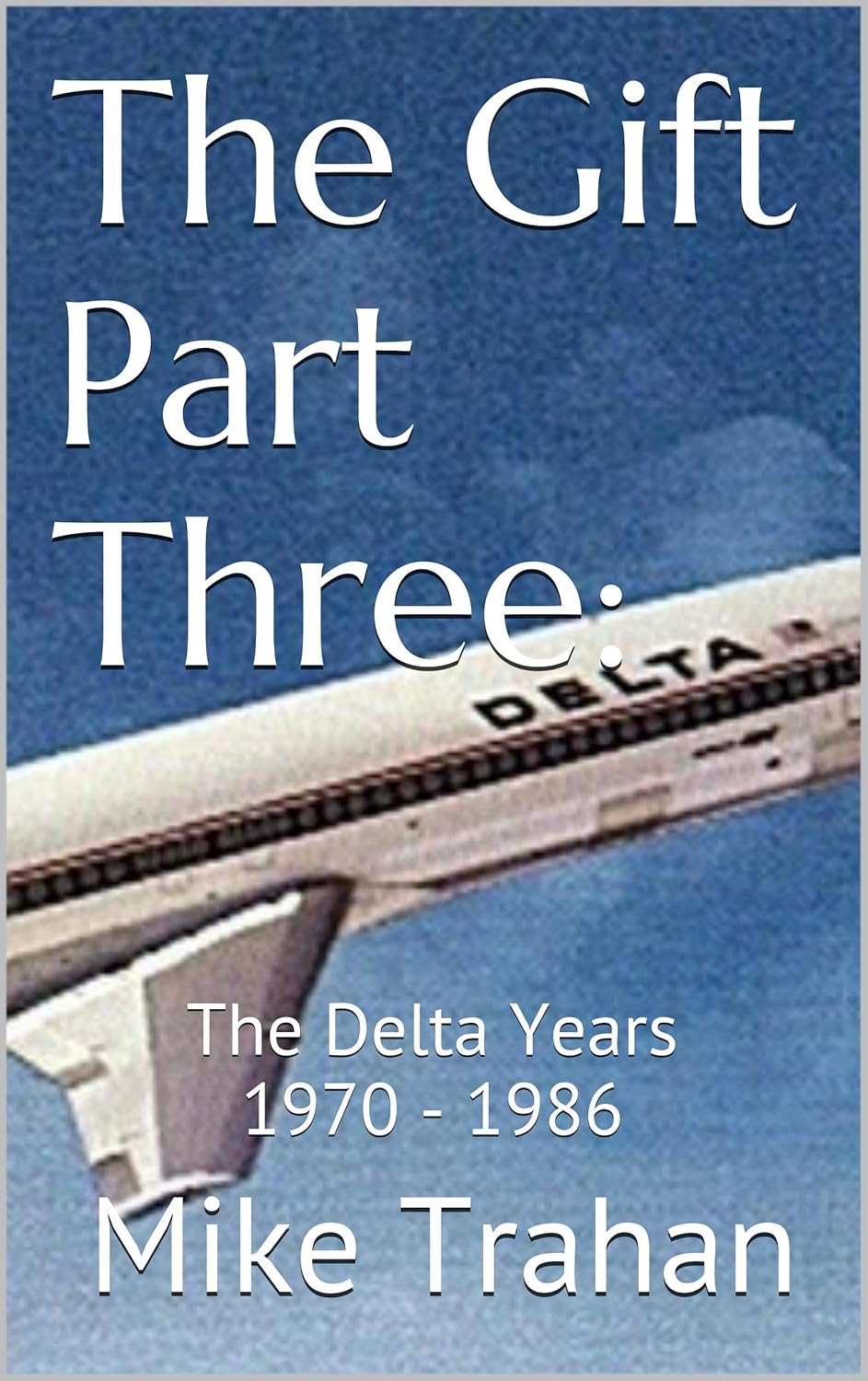
Recent Comments